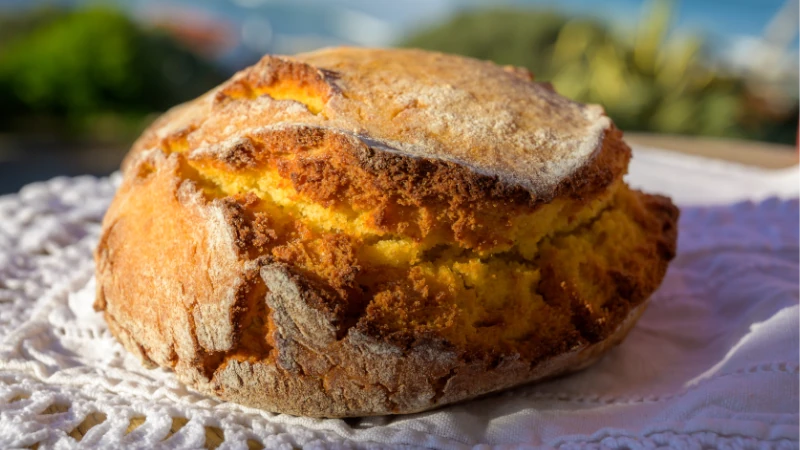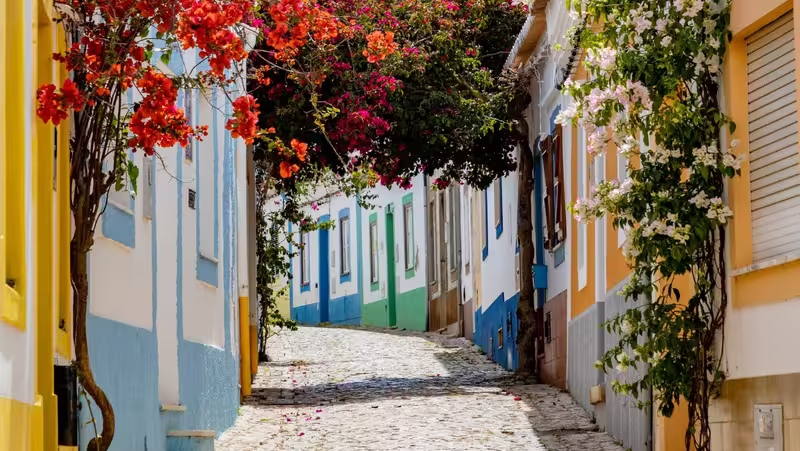Be The First To Ask About Singapore
Be The First To Ask About Taxes in Singapore
Portugal is on the Iberian Peninsula, in the southwest corner of Europe. Portugal shares that peninsula Spain, its larger neighbor.
Portugal is known for Fado music and also for being the largest cork producer in the world.
Portugal’s high season is during July and August, especially to coastal areas. Expect to pay at least a 30% premium on accommodation and encounter warm weather across the country.
Yes, Portugal is a sought after retirement destination. In fact, it’s one the world’s top retirement havens.








 . '
. '
 . '
. '
 . '
. '
 . '
. '
 . '
. '








